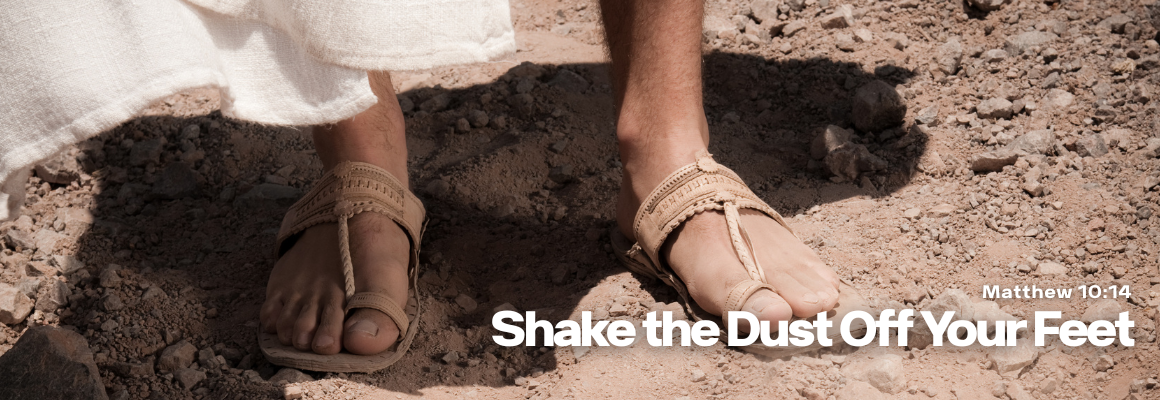“I wrote to the church, but Diotrephes, who loves to be first, will not welcome us” (3 John 9). “Demetrius is well spoken of by everyone” (3 John 12).
The contrast between Diotrephes and Demetrius in 3 John provides a striking illustration of the difference between toxic and healthy donors. Understanding these patterns can help you avoid destructive donor relationships and focus your efforts on mission-aligned supporters.
Diotrephes – The Toxic Donor
Imagine someone rejecting the Apostle John—”the disciple whom Jesus loved” (John 21:7), the same John who penned “God is love” (1 John 4:16). Incredibly, some people didn’t love John, and unfortunately some people don’t love your ministry. Diotrephes-type donors are self-focused, demand excessive recognition, micromanage organizations, or withdraw support when they don’t get their way. Watch for these warning signs:
Closed doors: Diotrephes pulled back the welcome mat for John. Donors who are not mission-aligned usually aren’t looking for opportunities to “be generous on every occasion” (2 Cor. 9:11). You can knock on their door all day, but they won’t answer.
Divisive influence: Diotrephes spread “malicious nonsense” about John. Occasionally, donors who oppose you will “falsely say all kinds of evil against you because of me” (Matt. 5:11). Ask God to silence them (see Psalm 31:18).
Self-serving gatekeeping: Diotrephes didn’t just refuse to support traveling missionaries—he actively prevented others from giving or helping. Some donors may work against you to keep you from sharing your message with others (see 2 Thess. 2:16).
Consider Eric, a successful “Christian” real estate developer who gave to a secular university that named a building after him. When a Christian college president attempted to cultivate a relationship with him, Eric questioned whether a college of 2,000 students was worth his attention compared to a university of 40,000. He failed to see the eternal value of Christian higher education. After investing considerable time in cultivation, the president wisely redirected his efforts toward donors who were genuinely mission-aligned.
Demetrius – The Healthy Donor
Thankfully, Diotrephes wasn’t the only voice in the church. Demetrius had a sterling reputation—he was “well spoken of by everyone” and “by the truth itself (3 John 12).” His alignment with John was clear. Everyone recognized his integrity. Healthy donors don’t listen to criticism from others. They understand your commitment to truth and stand with you.
Paul and Linda participated in a feasibility study for a small classical Christian school. When asked what range of gift they might consider, they joyfully responded, “This school has made a tremendous impact in our children’s lives and we plan to give $1 million!” They are a perfect example of “the millionaire next door” – humble, gracious, and ready to make an eternal difference.
Think About This: You can’t say the right thing to the wrong person, or the wrong thing to the right person. Toxic donors will never give up on their agendas, while healthy donors will never give up on you. Rather than trying to appease donors with self-serving motivations, invest your time and energy in relationships with those who genuinely share your mission and values.
Response: Lord, please grant me discernment to navigate challenging donor relationships. Help me cultivate mission-aligned supporters who will truly partner with our ministry for your kingdom’s sake.










